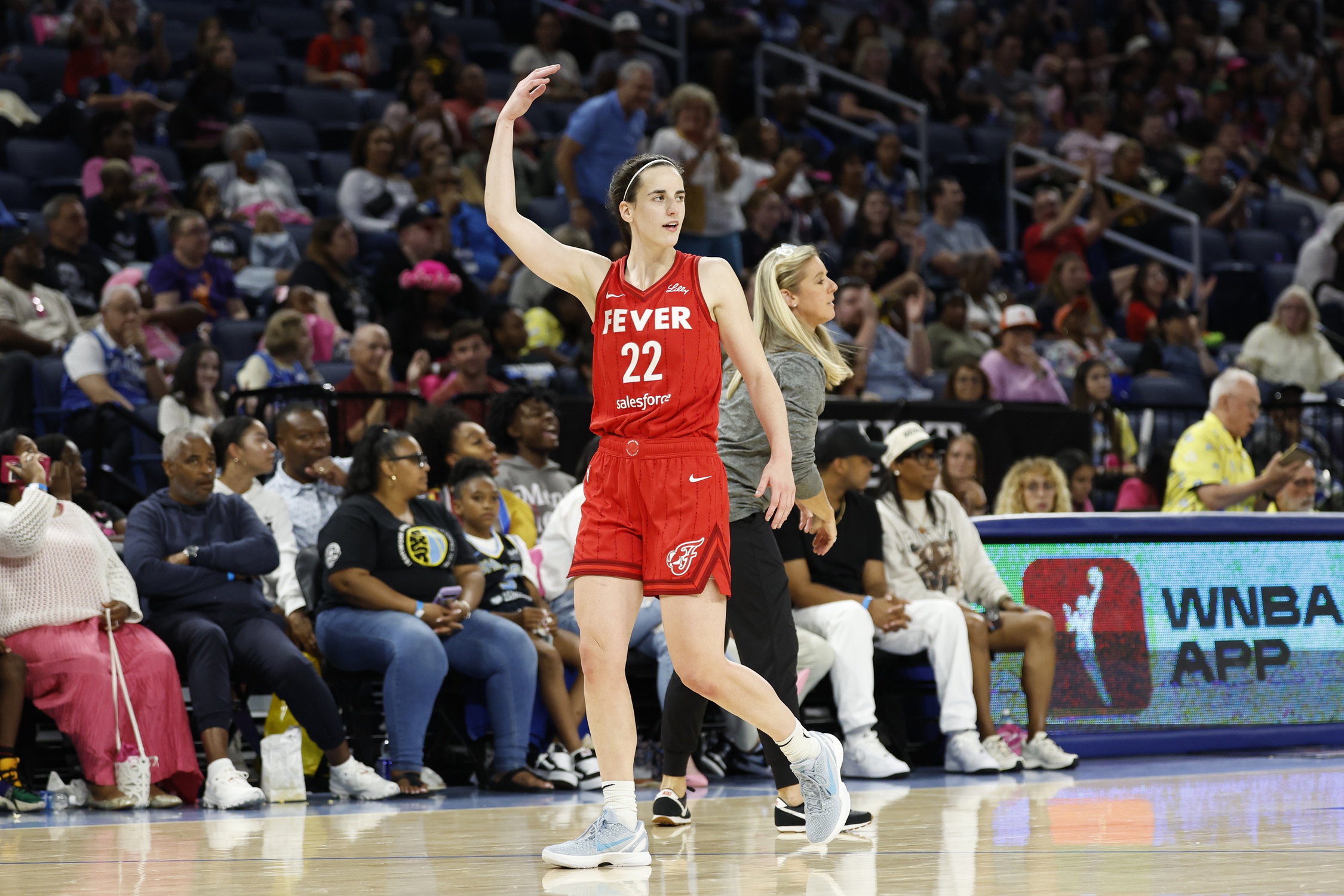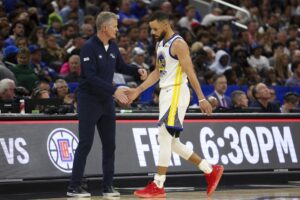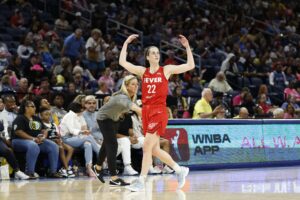It is great to see the WNBA’s popularity soaring with the arrivals of stars like Caitlin Clark, Angel Reese, Kamilla Cardosa, and Rickea Jackson. These young talents, alongside established names like A’ja Wilson, Breanna Stewart, Napheesa Collier, and Arike Ogunbowale, have made the league must-watch entertainment. With the expansion to 14 teams by 2026, it’s clear that women’s basketball is finally getting the recognition it deserves. But while the league’s growth is a cause for celebration, a recent headline highlights a lingering challenge.
For any league to succeed, the foundation must be laid by its pioneers. Since the WNBA’s inception in 1996, legends like Sheryl Swoopes have been crucial in shaping the league’s culture and guiding the next generation. However, Swoopes’ recent comments have caused a backlash, particularly regarding her analysis of Clark. This has sparked debate about the responsibility of past stars to foster a positive environment for new talent. So why is there tension, and how can the WNBA bridge this generational gap? Let’s dive into the dynamics and what can be done to create a more supportive atmosphere.
WNBA Growth Sparks Tension Between Pioneer and Rising Star
The Origin Of Swoopes Backlash
It all started in February when Swoopes appeared on the Gilbert Arenas Podcast. She shared some inaccurate stats about Clark’s all-time scoring record, claiming “she needed five years” and “40 shots per game” to break it. Swoopes also suggested that Clark was a “25-year-old, playing with 20-year-olds.” Fans, analysts, and even the school quickly debunked these statements, pointing out that Clark is, in fact, younger and has achieved her stats efficiently. This led to the viral “Don’t be a Sheryl” campaign, poking fun at her misinformation.
Swoopes Backlash From Queens of the Court Podcast
On an episode of her podcast, Swoopes discussed Indiana Fever’s recent success, praising players like Aliyah Boston, Kelsey Mitchell, and Lexie Hull. The next day, on his show, Stephen A. Smith criticized Swoopes for not mentioning Clark, a rising star. Swoopes fired back, asserting her right to highlight players she connects with and emphasizing her relationship-building with the mentioned players. This exchange ignited further discussions on how veteran players should interact with emerging talents.
Stephen A. Smith CALLS OUT Sheryl Swoopes as well as other media on their reporting of Caitlin Clark. #wnba #FeverRising #caitlinclark pic.twitter.com/Cyb0SotXvv
— Ken Swift (@kenswift) August 23, 2024
Broadcasting Controversy
Swoopes was an analyst for a Dallas Wings vs. Las Vegas Aces matchup when the commentator mentioned the players of the week: Collier in the West and Clark in the East. Instead of providing her insights, Swoopes remained silent for an uncomfortable 50 seconds. Many saw the awkward pause as Swoopes deliberately ignoring Clark’s success, reinforcing perceptions of lingering resentment.
Sheryl Swoopes goes completely silent for 50 seconds as her co-caster talks about Caitlin Clark winning player of the week pic.twitter.com/CEeoSduczG
— Clark Report (@CClarkReport) August 28, 2024
The same night, Clark delivered a stellar performance with 32 points and 12 assists against the Chicago Sky. During the game, a physical altercation occurred when Diamond DeShields body-checked Clark, resulting in a flagrant foul. Swoopes later expressed support for DeShields, which drew backlash from fans who perceived it as another slight against Clark. Following this incident, Swoopes was pulled from the Fever vs. Wings Sunday afternoon game and replaced by Nancy Lieberman.
@diamonddoesit1 head up kid! Hate will not win!!
You are covered and ain’t nothing these evil people can do about that. All love for you!❤️— Sheryl Swoopes (@airswoopes22) August 31, 2024
Beef Between Legends
During a Clark free throw, Lieberman took the opportunity to praise Clark and her achievements while subtly criticizing Swoopes’ recent remarks. The following day, Liberman spoke about the two legends’ conversation about the comments in the February podcast. Liberman stated that Swoopes was upset, and their relationship had been strained since. Swoopes replied to Liberman, saying she would be fine if the two never spoke again. She also provided text messages between herself and Clark, apologizing for the misinformation. The exchange highlights a growing divide between WNBA generations, prompting questions about fostering a more supportive league culture.
The Last Word
As the WNBA’s popularity continues to soar, controversies like this are an unfortunate reality. With the spotlight comes scrutiny, and even legends like Sheryl Swoopes are not immune to backlash when their words or actions are perceived as divisive. The drama surrounding Caitlin Clark is just one example of how the generational gap can sometimes overshadow the league’s growth. However, the hope remains that Swoopes, a trailblazer herself, will find a way to support rising stars like Clark more.
With growing backlash and fan displeasure, there is an opportunity for healing and unity to strengthen the league’s community. The WNBA’s success relies on closing these divides and creating an environment where all players can thrive together.






